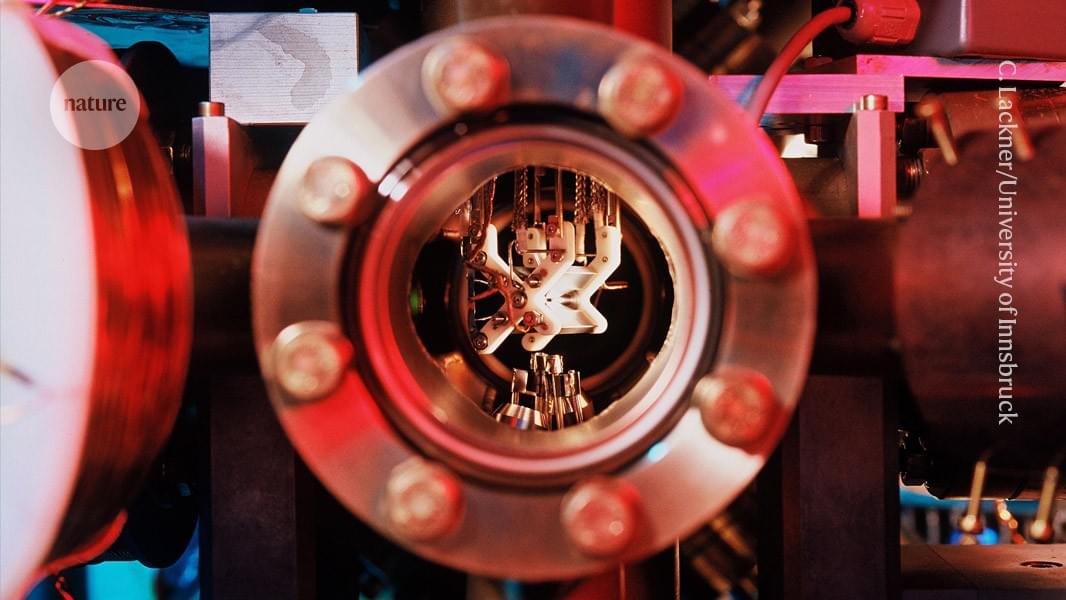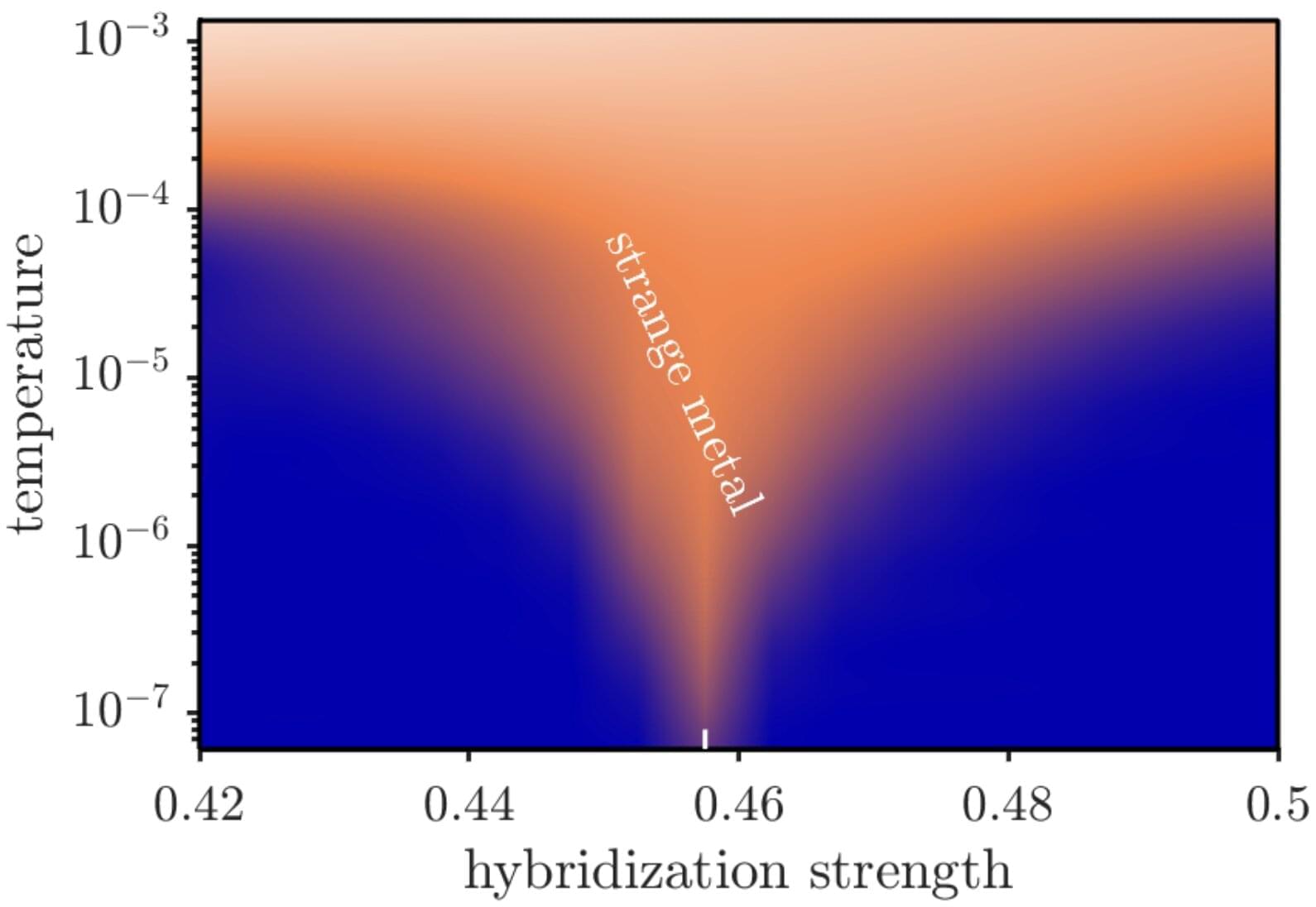Working with multi-dimensional entities could make calculations more efficient and reduce errors.





Quantum critical points are thresholds that mark the transition of materials between different electronic phases at absolute zero temperatures, around which they often exhibit exotic physical properties.
One of these critical points is the so-called Kondo-breakdown quantum critical point, which marks the collapse of the Kondo effect (i.e., quantum phenomenon that entails the localization of magnetic moments in metals), followed by new emergent physics.
Researchers at Ludwig-Maximilian University of Munich, Rutgers University, and Seoul National University set out to further study the dynamical scaling associated with the Kondo-breakdown quantum critical point, utilizing a theoretical framework describing heavy fermion materials known as the periodic Anderson model.

A quantum state of light was successfully teleported through more than 30 kilometers (around 18 miles) of fiber optic cable amid a torrent of internet traffic – a feat of engineering once considered impossible.
The impressive demonstration by researchers in the US in 2024 may not help you beam to work to beat the morning traffic, or download your favourite cat videos faster.
However, the ability to teleport quantum states through existing infrastructure represents a monumental step towards achieving a quantum-connected computing network, enhanced encryption, or powerful new methods of sensing.


One of the key takeaways from the experiment is that quantum mechanics does not conform to classical expectations. By creating a GHZ-type paradox in 37 dimensions, the researchers demonstrated a breakdown of local realism in ways previously unexplored.
In classical terms, the paradox suggests that an event could occur without a causative link—like a letter appearing in your mailbox without a postal worker delivering it. In quantum terms, the experiment showed that the relationship between entangled particles was so deeply nonlocal that their correlations could not be explained by any hidden variables.
The research team mathematically confirmed that their experiment achieved the strongest recorded manifestation of quantum nonlocality. By showing that the paradox holds true even under extreme conditions, they provided new evidence that classical models fail to explain the quantum world.

In a new study published by researchers at quantum computing company Quantinuum and collaborators from Caltech, Fermioniq, EPFL, and the Technical University of Munich, scientists have used Quantinuum’s powerful quantum computer, H2, to simulate a notoriously difficult system—quantum magnetism —in a way that pushes beyond what classical computers can reliably achieve.
“Digital quantum computers are much more flexible/universal, but we have paid for that flexibility with many technical challenges,” Dr. Michael Foss-Feig of Quantinuum and the paper’s lead author told the Debrief.
“This paper is an indication that we are finally moving these more flexible/universal machines into the realm of practical (and scientifically illuminating) quantum simulation,” Foss-Feig said.


The Great Pyramid of Giza has mystified historians, archaeologists, and engineers for centuries. From its precision alignment with astronomical bodies to its geometric perfection, every aspect seems meticulously engineered for purposes beyond mere burial or symbolic display. But what if the purpose was far more profound — and fundamentally quantum?